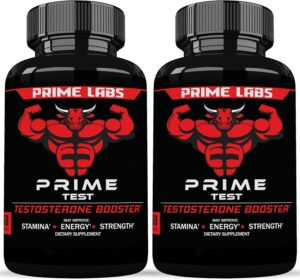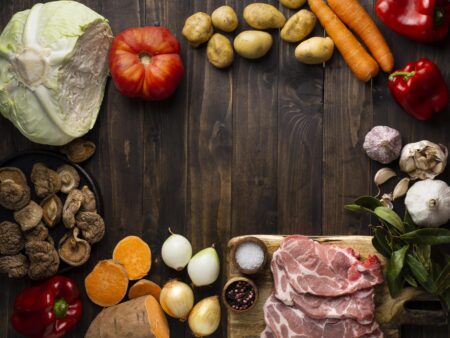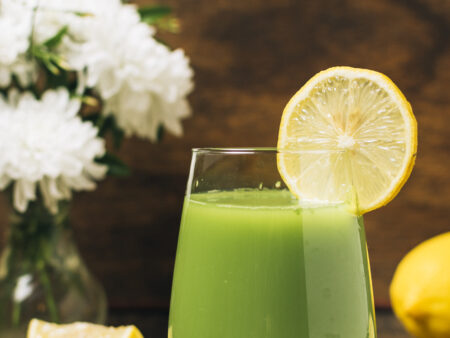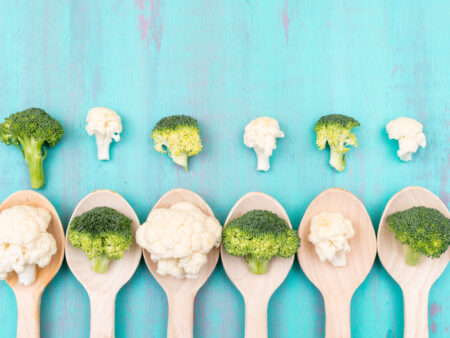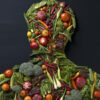
In today’s fast-paced world, many people are turning to detox diets to cleanse their bodies and reset their systems. The Detox diet is designed to help eliminate toxins from the body, promote weight loss, and improve overall health. While detox diets can vary in terms of foods allowed, duration, and intensity, they all share a common goal: helping the body rid itself of harmful substances that can accumulate over time.
This article will cover everything you need to know about the Detox diet, from its purpose and benefits to the different types and how to follow it safely. By the end, you’ll have a clearer understanding of what a detox diet entails and whether it might be right for you.
What Is a Detox Diet?
A detox diet is a short-term eating plan that focuses on removing toxins from the body. These toxins can come from various sources, such as environmental pollutants, processed foods, alcohol, and chemicals. Proponents of detox diets believe that the body may struggle to eliminate these harmful substances, leading to fatigue, digestive issues, and other health problems.
Detox diets often involve periods of fasting, followed by a strict regimen of fruit, vegetables, water, and sometimes herbal teas or supplements. Some detox plans are more extreme and may require the complete avoidance of solid food for a set time. The main idea is to allow the digestive system to rest while providing the body with nutrients that can support natural detoxification processes.
Purpose of the Detox Diet
The detox diet is aimed at improving health by:
- Eliminating toxins: One of the primary purposes is to help the body flush out harmful chemicals that can build up in the organs.
- Restoring energy: Many people who go on detox diets report increased energy levels due to the elimination of substances that can cause fatigue.
- Promoting weight loss: While not the main goal, detox diets often lead to short-term weight loss because of the lower calorie intake.
- Improving digestion: The focus on natural, whole foods can help reset the digestive system and reduce bloating, constipation, and other digestive issues.
- Boosting immune function: Detox diets may help to strengthen the immune system by reducing inflammation and improving gut health.
- Enhancing mental clarity: Many who follow a detox diet claim that they experience better focus and mental sharpness after cleansing their systems.
Types of Detox Diets
There are several types of detox diets, each with its approach to cleansing the body. Here are some of the most common:
- Juice Cleanse
A juice cleanse involves drinking only fruit and vegetable juices for a set period, typically between 3 to 7 days. These juices provide vitamins and minerals, while the absence of solid food allows the digestive system to rest. - Master Cleanse
The Master Cleanse is a more extreme detox plan that involves consuming only a mixture of lemon juice, maple syrup, cayenne pepper, and water. It usually lasts for 10 days and is designed to promote rapid detoxification. - Raw Food Detox
This type of detox diet emphasises eating raw, uncooked fruits, vegetables, nuts, seeds, and herbs. The belief is that raw foods contain enzymes and nutrients that can support detoxification while avoiding processed or cooked foods. - Sugar Detox
A sugar detox focuses on eliminating all forms of added sugar, refined carbohydrates, and artificial sweeteners from the diet. It aims to reduce sugar cravings, improve energy levels, and promote weight loss. - Liver Detox
Since the liver is the body’s main detoxifying organ, some detox diets focus on supporting liver health. These diets often include liver-friendly foods such as leafy greens, turmeric, garlic, and citrus fruits. - Whole Food Detox
This type of detox diet eliminates processed foods, alcohol, caffeine, and refined sugars. It focuses on eating whole, natural foods such as fruits, vegetables, whole grains, and lean proteins.
How Does Detoxing Work?
The body has its natural detoxification system, primarily driven by the liver, kidneys, lungs, and skin. These organs work together to eliminate waste and toxins from the body. The liver breaks down toxins, the kidneys filter them out of the bloodstream, and the lungs and skin expel them through breathing and sweating.
Detox diets claim to enhance these natural processes by providing the body with the right nutrients while avoiding substances that can hinder detoxification. For example, some detox diets provide a large amount of water to support kidney function, while others focus on specific foods that help liver enzymes work more efficiently.
Foods to Eat on a Detox Diet
While each detox plan may differ, most focus on eating whole, natural, and unprocessed foods. Here are some common foods recommended on a detox diet:
- Fruits: Apples, berries, citrus fruits, melons, and avocados are often staples of detox diets because they are high in vitamins, antioxidants, and fibre.
- Vegetables: Leafy greens like spinach, kale, and watercress, along with cruciferous vegetables like broccoli and cauliflower, are excellent for supporting liver function.
- Herbs and spices: Turmeric, ginger, garlic, and parsley are commonly used in detox diets for their anti-inflammatory and antioxidant properties.
- Whole grains: Brown rice, quinoa, and oats are high in fibre and can support digestive health during a detox.
- Nuts and seeds: Almonds, chia seeds, flaxseeds, and walnuts provide healthy fats and protein.
- Water: Staying hydrated is essential on any detox diet, and many plans encourage drinking plenty of water, herbal teas, and sometimes detoxifying drinks like lemon water.
Foods to Avoid
To maximise the detoxifying effects, many detox diets recommend avoiding certain foods that can place stress on the body or hinder the detoxification process. These include:
- Processed foods: Fast food, packaged snacks, and sugary treats are often full of preservatives, artificial flavours, and unhealthy fats.
- Refined sugars: Added sugars and artificial sweeteners can contribute to inflammation, insulin resistance, and other metabolic problems.
- Caffeine: Some detox diets suggest cutting out caffeine, as it can dehydrate the body and put stress on the liver.
- Alcohol: Since alcohol is processed by the liver, detox diets typically call for abstaining from drinking.
- Dairy: Dairy products, particularly those that are high in fat, can be inflammatory and difficult to digest for some people.
- Gluten: Some detox plans recommend avoiding gluten-containing grains, such as wheat, barley, and rye, as gluten can be hard to digest for some individuals.
Potential Benefits of the Detox Diet
Detox diets have a range of benefits that appeal to those looking to improve their health. Some of these potential advantages include:
- Improved digestion: By focusing on high-fibre fruits, vegetables, and whole grains, detox diets can help regulate bowel movements and reduce bloating.
- Increased energy: Many people report feeling more energised after completing a detox diet, likely due to the elimination of refined sugars and processed foods.
- Clearer skin: Detox diets can help promote clearer, healthier skin by reducing inflammation and supporting hydration.
- Weight loss: While not typically the primary goal, detox diets often result in short-term weight loss due to calorie restriction and water loss.
- Mental clarity: Some detox diet followers claim to experience improved focus and mental sharpness after cleansing their systems.
Risks and Considerations
While detox diets can have short-term benefits, there are potential risks to consider, especially if followed for extended periods. Some of these risks include:
- Nutrient deficiencies: Some detox diets can be overly restrictive, leading to insufficient intake of essential vitamins and minerals.
- Muscle loss: Low-calorie detox diets may cause the body to break down muscle tissue for energy.
- Fatigue and weakness: Detox diets that involve fasting or extreme calorie restriction can cause dizziness, fatigue, and irritability.
- Dehydration: Certain detox diets, particularly juice cleanses, may lead to dehydration if adequate fluids are not consumed.
It’s always recommended to consult a healthcare professional before starting any detox diet, especially if you have any underlying health conditions or take medications.
The Detox diet is a popular choice for those looking to cleanse their bodies, improve digestion, and increase energy levels. While there are various forms of detox diets, all aim to support the body’s natural detoxification processes by providing whole, natural foods and eliminating harmful substances.
However, it’s essential to approach detox diets with caution. While they can offer short-term benefits, they may not be sustainable or necessary for long-term health. A balanced diet rich in fruits, vegetables, whole grains, and lean proteins, combined with regular exercise, is generally the best approach to achieving lasting health benefits.
Always consult a healthcare provider before beginning a detox diet, and ensure that it aligns with your personal health needs.

